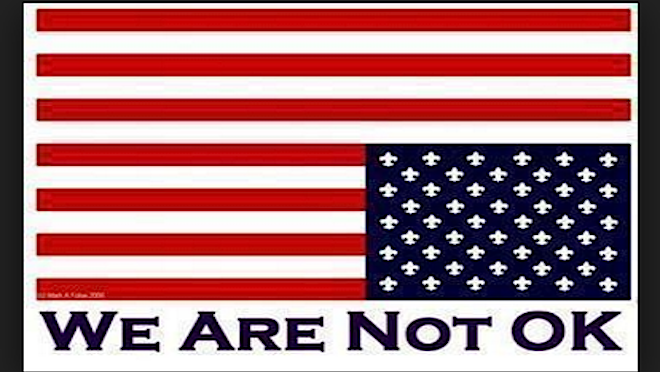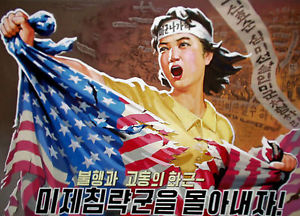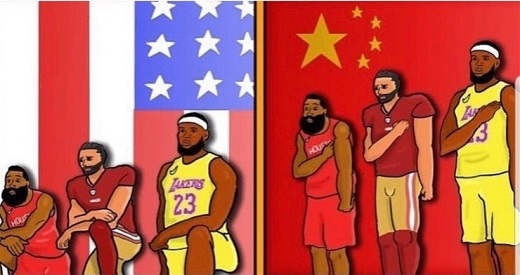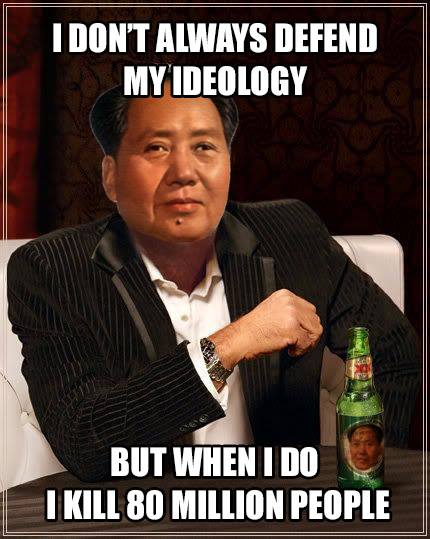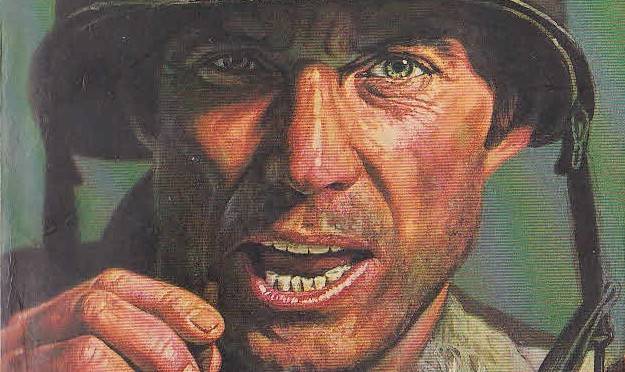The virus breaks out in Wuhan, China–a city of about 11 million people (bigger than the most populated city in the USA). There are two virology labs in Wuhan, which study, experiment on, and modify viruses. For years, scientists have been warning that the sloppy security at one of these labs (the one which develops weapons-grade viruses, and sits at the epicenter of the outbreak), plus the dietary practices of the local population, was a ticking time bomb.
Early whistleblowers warning of the breakout are arrested by Chinese police. Many are never seen or heard from again. One doctor, after being arrested, later was reported dead–allegedly because of the virus. The Chinese Communist Party (CCP), which controls all human activity in China (and a lot of the MSM and Hollywood messaging you’re inundated with every day), lies about every aspect of the outbreak, including the number of infected and dead. They claim that the virus originated in a “wet market” which doesn’t sell the species of bat the virus supposedly came from, and is located 400 miles from the nearest habitat of those bats. A third of the first victims had no connection, direct or indirect, to the wet market.
“President” (dictator) Xi locks down Wuhan and other cities in China. No travel is permitted from Wuhan to other parts of China, but travel from Wuhan to the rest of the world is allowed to continue unchecked. The virus begins spreading to other countries.
A Chinese traveler brings the virus to the USA. The first American is diagnosed with the Wuhan Virus.
President Trump restricts travel from China. In following days, he restricts travel from other countries. Predictably, the Democrat/Media Machine says he’s overreacting and calls him racist.
Another Chi-Com puppet, the World Health Organization (WHO), regurgitates Chinese propaganda downplaying the seriousness of the outbreak. They also rename it “COVID-19” in a lame attempt to disassociate the virus from the Communist regime it came from.
Leftist judges overrule the travel restrictions, allowing more infected carriers into the USA. Leftist mayors and governors, still upholding the “racist overreaction” narrative, encourage people to attend parades and other mass gatherings like nothing is out of the ordinary.
The Wuhan Virus spreads through the USA. The WHO finally admits that this is a pandemic.
Overnight, the narrative changes: now President Trump didn’t react strongly enough. It’s all his fault. Because racism, somehow. “Black and brown people” are more at risk to the virus. Yeah–that’s it: racism.
Another Chinese Communist puppet, the NBA, suspends the rest of its season. Other sports leagues follow suit. Leftist governors begin illegally shutting down their states. (It’s not just politicians and bureaucrats at the Federal level who have been colluding with the CCP for years, but also governors of both political parties.)
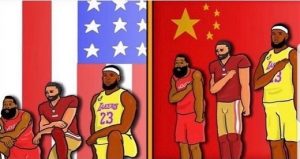 De facto dictators of several states continue showing their true colors. They forbid church attendance and family gatherings, outlaw random items like paint or carpet, but keep “essential” businesses open–like liquor stores, marijuana shops, and state lottery kiosks. They have people arrested for going to church and synagogue, for playing with their kids in a park, sitting alone on a beach, or criticizing politicians for these illegal police state policies, while releasing convicted felons from prisons and onto the streets.
De facto dictators of several states continue showing their true colors. They forbid church attendance and family gatherings, outlaw random items like paint or carpet, but keep “essential” businesses open–like liquor stores, marijuana shops, and state lottery kiosks. They have people arrested for going to church and synagogue, for playing with their kids in a park, sitting alone on a beach, or criticizing politicians for these illegal police state policies, while releasing convicted felons from prisons and onto the streets.
Gun sales are “non-essential,” of course, so law-abiding citizens are kept defenseless while chaos is being engineered all around them. Surgeries and other medical procedures are banned, but abortion clinics are declared “essential” and kept open.
The public is told that a collapse of our medical system is imminent and hospitals will be overrun with coronavirus patients; that there’s not enough ventilators, testers or masks, and it’s all Trump’s fault. Meanwhile hospitals are laying off staff and going bankrupt because most of what they do has been declared “non-essential.” Leftist Trump-haters are found to have been wasting or hoarding medical supplies, all while blaming the President for “shortages.”
In a matter of weeks, 30 million Americans lose their jobs–worse than any time ever in history–including the Great Depression. The President and some in Congress sponsor a stimulus bill that includes $1,200 checks for citizens and loans to sustain the small businesses which have been forced to furlough workers and close down.
The Democrats try to sneak in a pay raise for themselves, “aid” to foreign countries and illegal aliens, and more tax dollars to subsidize the abortion industry. They succeed in getting “refugee resettlement,” funding for the Kennedy Center, National Endowment for the Arts, and other pet pork projects, included in the bill. In fact, they refused to pass it until this “compromise” was reached. The Fed, by the way, is favoring “woke capital” with these loans, while dissing small businesses.
While the Democrat/Media Machine is busy hyping the danger of the virus, as justification for the totalitarian crackdown they’ve wanted for a long time (plus wrecking the economy just before an election, protecting their candidate from debates and scrutiny, justifying massive election fraud via mail-in-voting, etc.), they also launch a propaganda campaign against inexpensive, effective treatments for the virus.
Bill Gates, who is on record advocating world population reduction via vaccination (and whose vaccinations have already caused horrible death and suffering in Africa and India) waits in the wings with a vaccination that he hopes his allies in government will make mandatory.
Hospital personnel are pressured to inflate the numbers of coronavirus deaths, to reinforce the narrative that the pandemic is so dangerous that it justifies destroying millions of people’s lives. Citizens are forbidden to get fresh air and sunshine, and kept under “house arrest” in enclosed spaces where danger of infection is multiplied.
Tyrants in government use the opportunity presented by this crisis to spy on citizens with drones, track their smartphones, and get people to spy on their neighbors.
They refuse to take action regarding filth-ridden homeless populations massed together (a hotbed for the spread of viruses and disease), but arrest and fine people going about normal business.
This post is for all of you who are capable of pattern recognition.




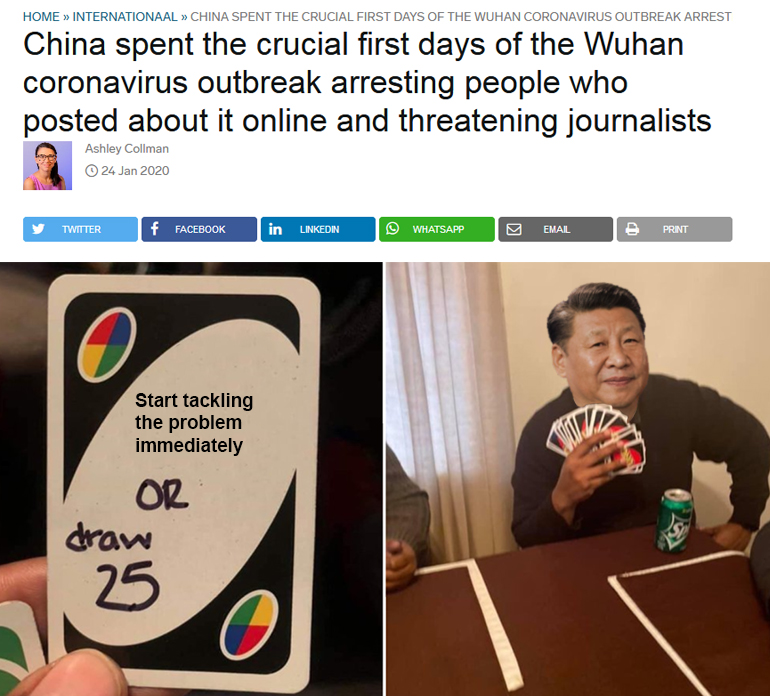




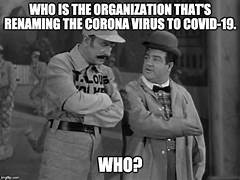


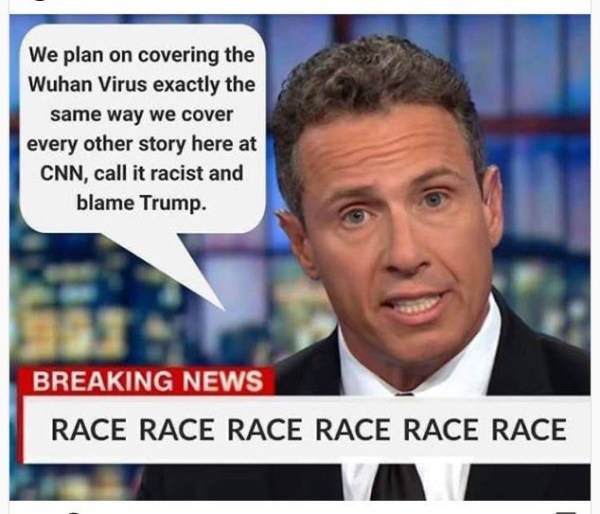
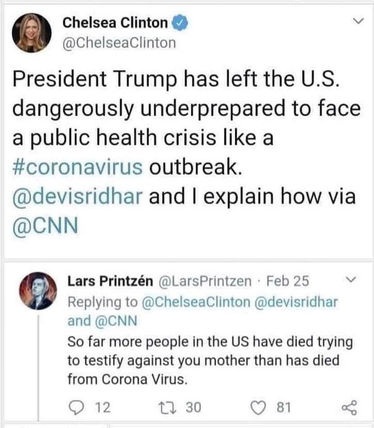

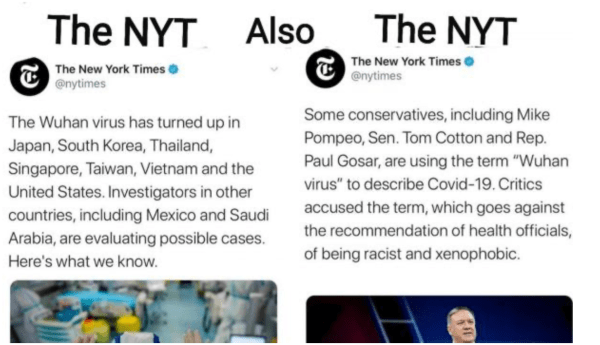

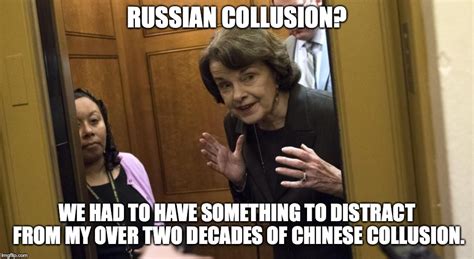


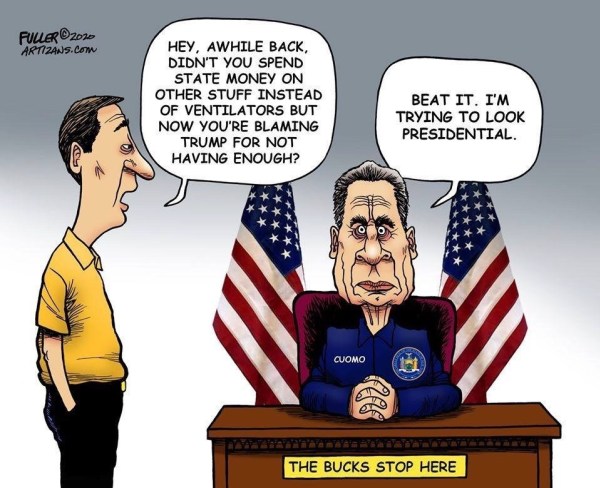
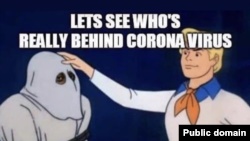


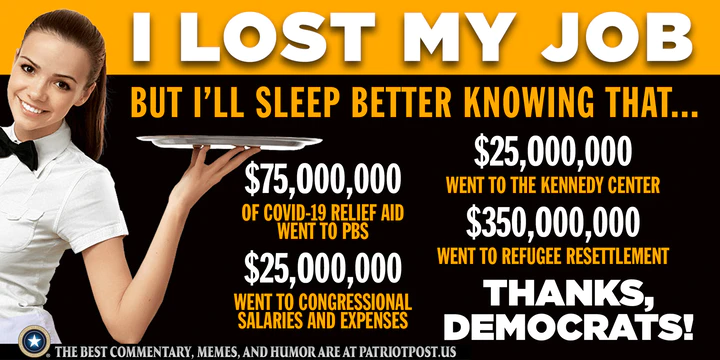





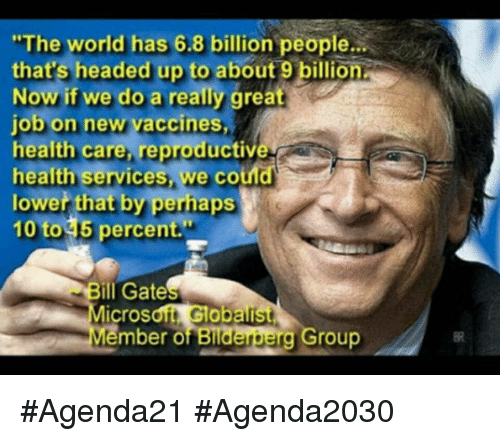
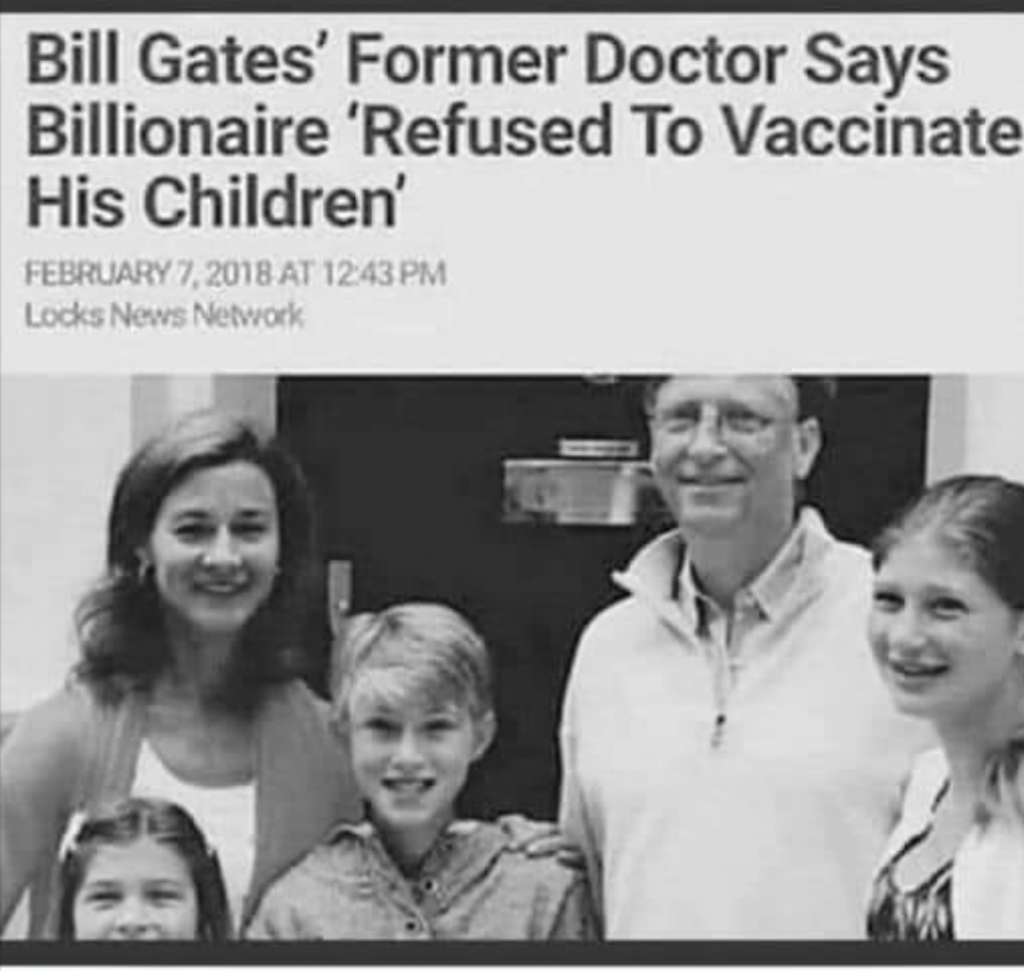
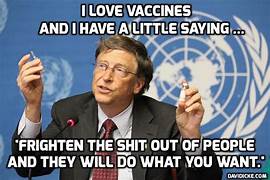
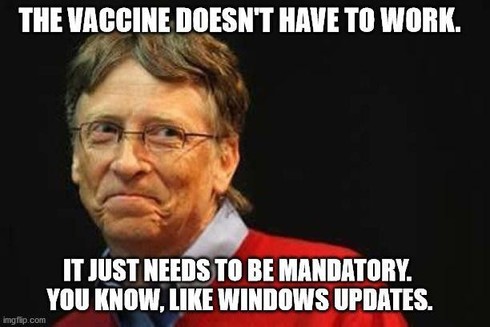


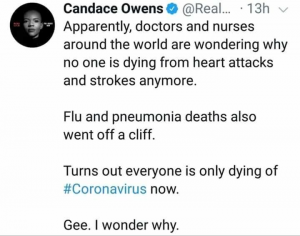

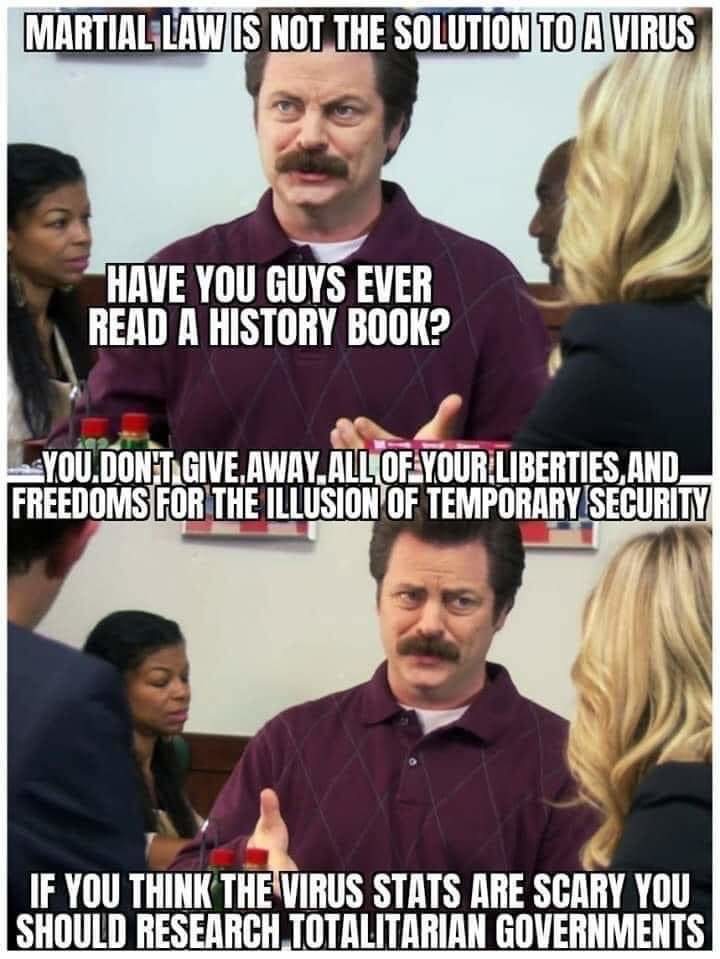
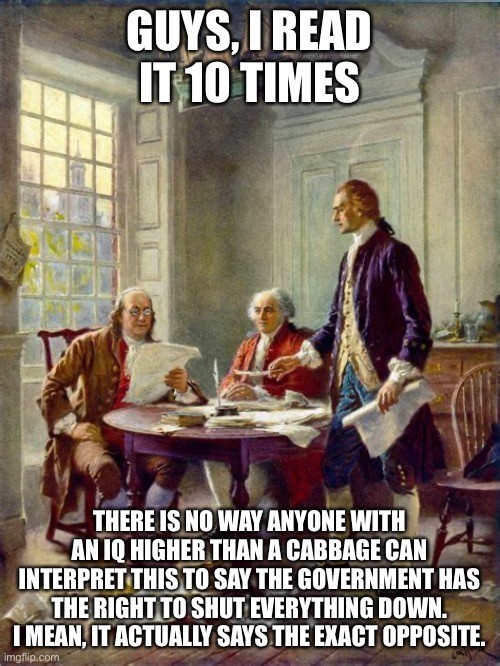

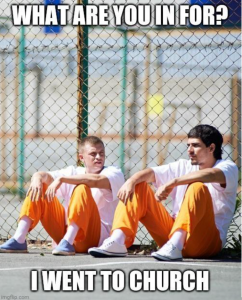



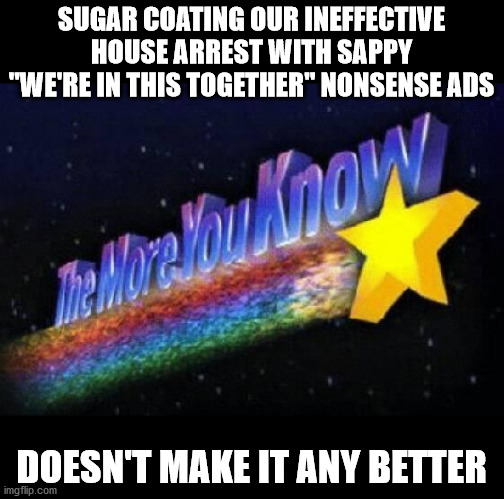
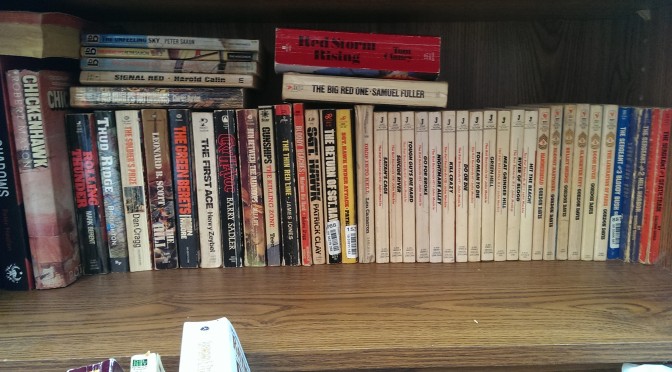









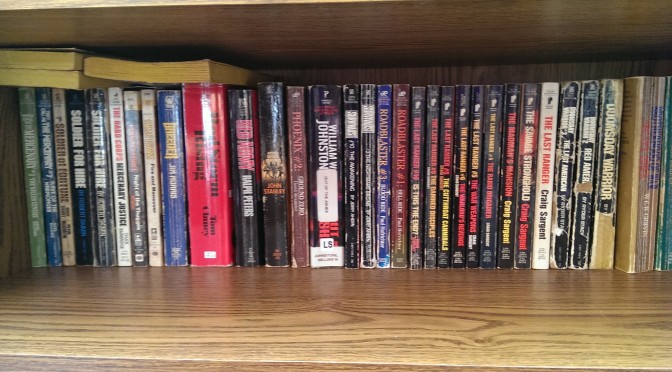




![Great Movie Scenes to Celebrate Women’s History Month [VIDEOS]](http://www.virtualpulp.net/wp-content/uploads/2020/03/mclintock-672x372.jpg)
